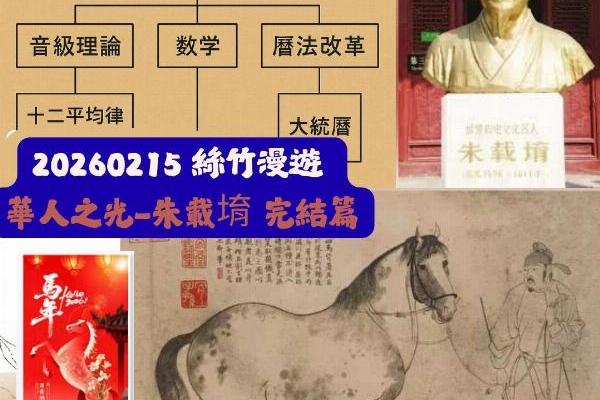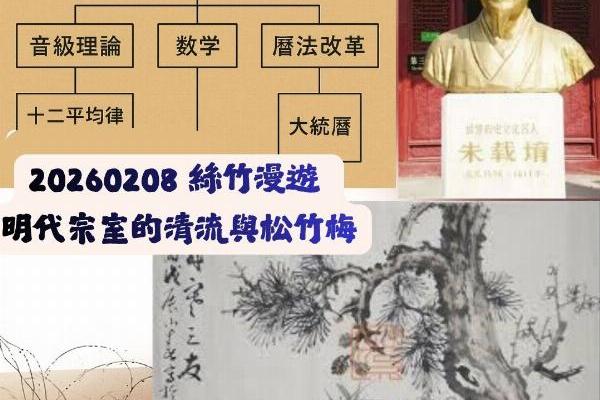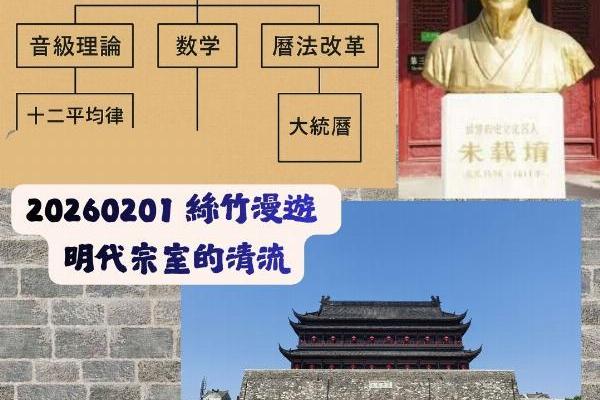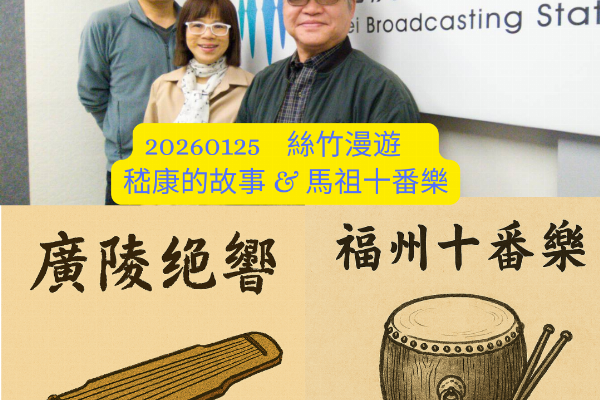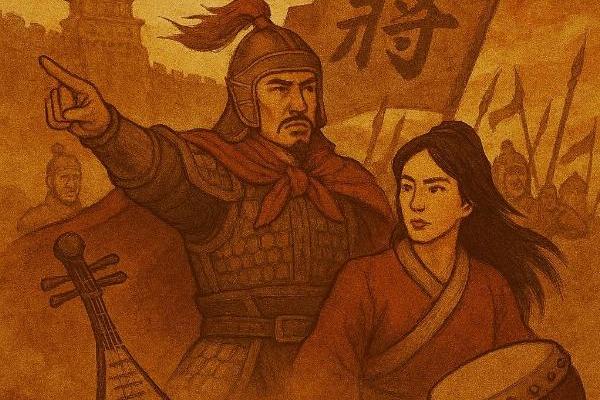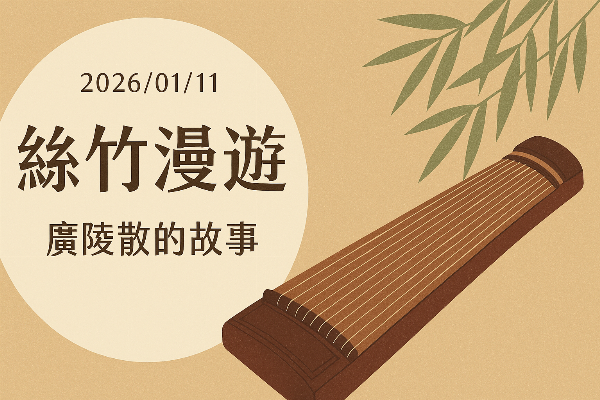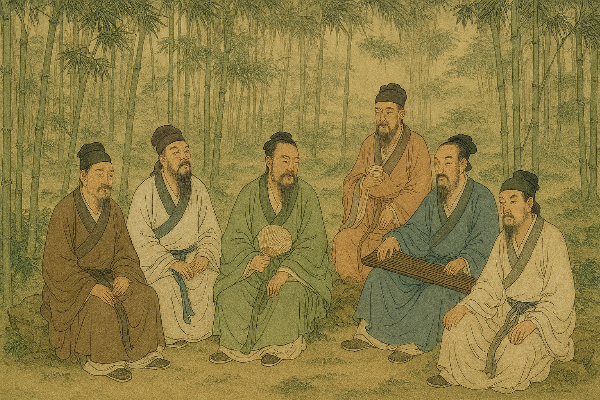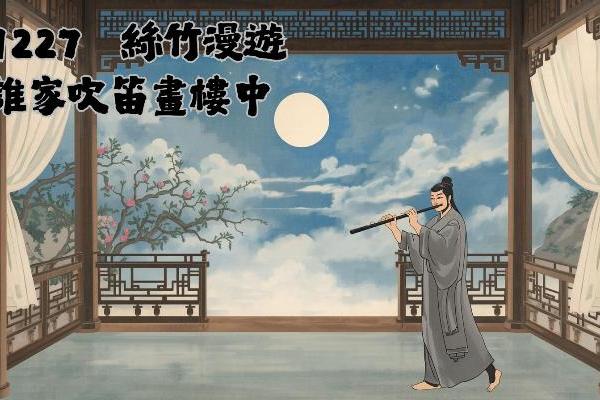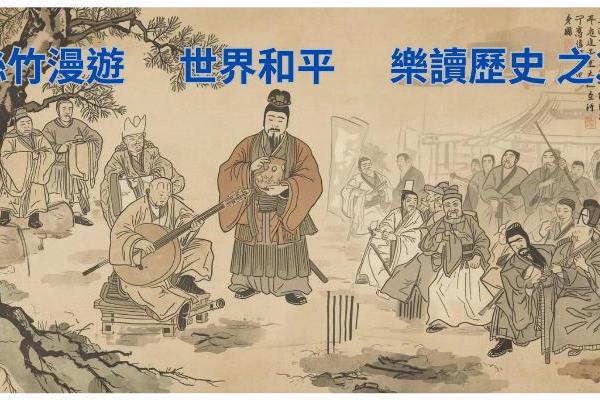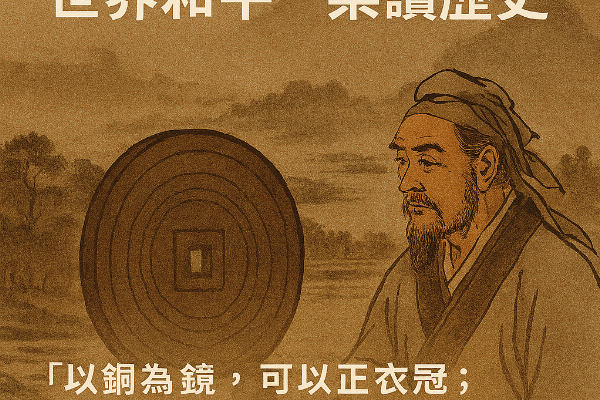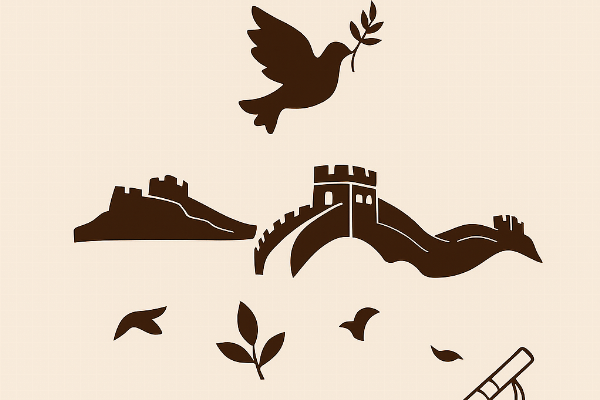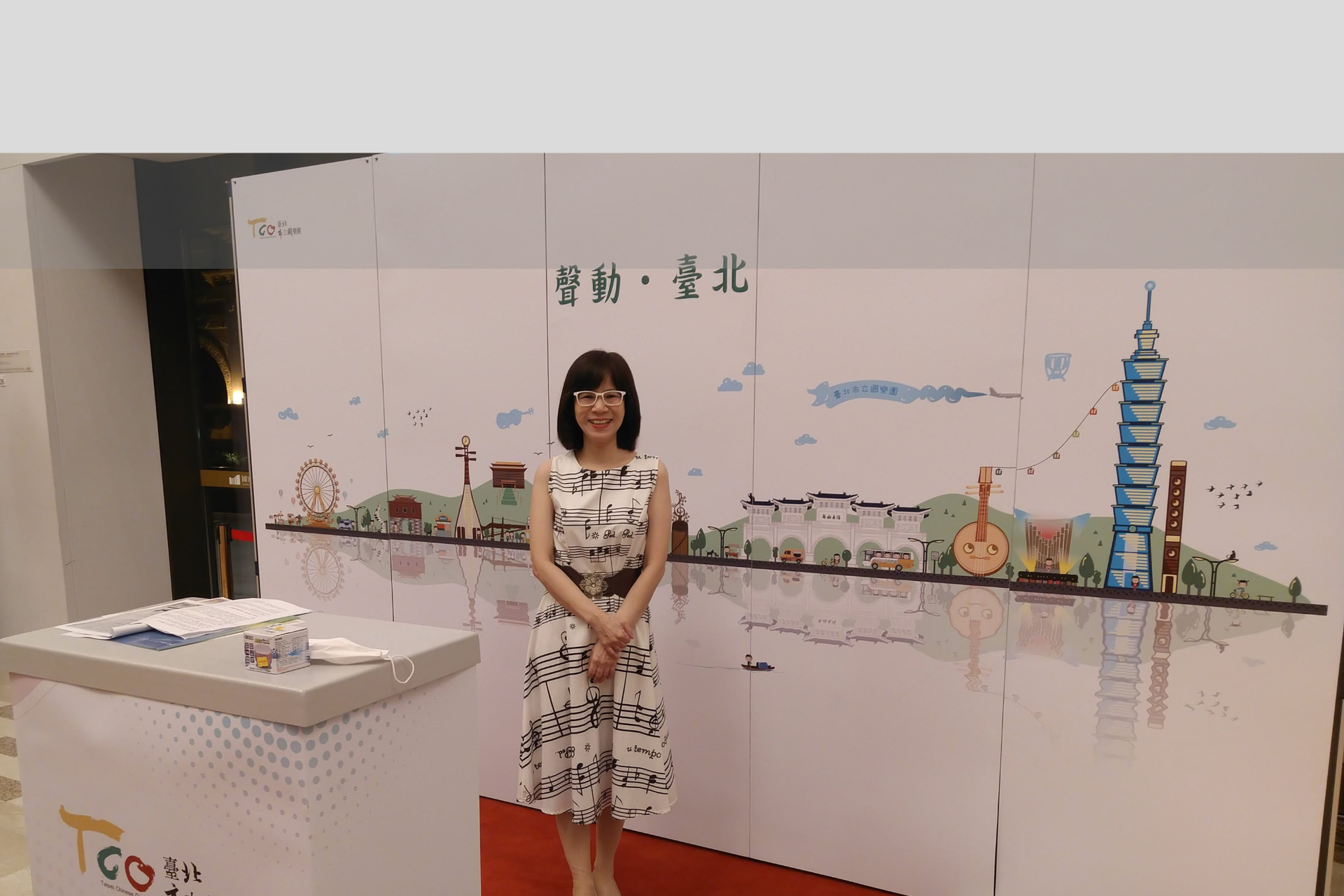
::::::
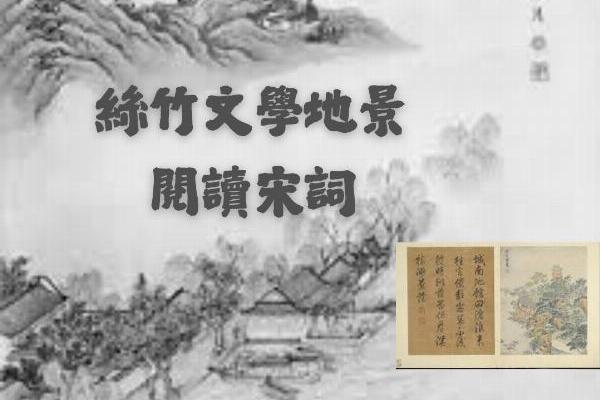

Wonder in Sizhu
HostMali Liu

Topic
Dear listeners, welcome aboard the sound-borne vessel of Silk and Bamboo Journey. Tonight, we sail through the poetic landscapes of the Song dynasty, where music and literature intertwine in timeless resonance.
Content
Dear listeners, welcome aboard the sound-borne vessel of Silk and Bamboo Journey. Tonight, we sail through the poetic landscapes of the Song dynasty, where music and literature intertwine in timeless resonance.
Our journey begins with the bold spirit of Su Shi, the great Northern Song poet. He once described himself as “bronze pipa and iron clappers, resounding with force”—a temperament both vigorous and lyrical, much like the instruments we hear tonight.
We open with Wang Zhengping’s 1979 pipa solo Shui Diao Ge Tou, inspired by Su Shi’s iconic Mid-Autumn poem. The pipa becomes a brush, painting moonlight and longing with each plucked string. Then, Huang Xincai’s orchestral version expands the same poem into a sweeping sonic landscape, where silk and bamboo evoke both grandeur and solitude.
Next, we enter Deng Yiqun’s Ding Feng Bo, arranged by Kong Zhixuan. This guzheng and orchestra piece draws from Su Shi’s verse “Ignore the sound of wind through leaves—sing and stroll at ease.” It captures the poet’s resilience amid exile, blending Hunan-Hubei folk melodies with modern textures to reflect timeless courage.
We close with Spring Verdure Over Jiangnan, based on Wang Anshi’s line “The spring breeze has once more greened the southern shore.” Composed by Zhou Genlu and Chen Yaoxing, this piece conjures misty rivers, birdsong, and the quiet beauty of southern China in spring. It is not just music—it is memory, longing, and renewal.
Tonight, let us set aside worldly worries and listen deeply. In these melodies, we hear not only the voices of poets, but the breath of a civilization.
Goodnight.
LIVE
